(ECNS) – As an extensive network of rail services connecting China and Europe, the China-Europe Railway Express (CRE) shows its unique significance as uncertainties like the Red Sea crisis are wreaking havoc on global trade.
On related topics, China News Network talked with experts and scholars from different countries, who mentioned that the CRE is not only a logistic channel, but a new artery to facilitate international cooperation and economic development. It demonstrates China's determination to open up to the outside world, and its vision of common prosperity with the rest of the world.
CRE demonstrates its strategic significance
During an interview, Fabio Massimo Parenti, professor of international studies at the International Institute Lorenzo de' Medici in Florence notes that the CRE is "a key project constantly innovated over the past decade, and is representing a partially complementary alternative to the maritime routes". As the Red Sea problem drastically reduced regional stability and the possibility of managing normal trade flows, the CRE is "an example again of the importance of the Chinese ideas where China is investing along with other countries", which is useful for the international community.
Hannes Fellner, professor from the University of Vienna, says he absolutely agrees that the CER plays the role of "stabilizer," ensuring the security of international supply chains amid the Red Sea crisis. He also hopes that China and Europe shake hands to bring more peace and more rationality to the world while the train connections are one important part of this handshake.
According to Benjamin Norton, founder and editor-in-chief of Geopolitical Economy Report, the CRE is an important model that other countries can follow and encourages international trade and interconnectivity.
Berthold Kuhn, adjunct professor at Freie Universität Berlin and consultant to the European Commission, also believes that the CRE "can contribute to mitigating the current Red Sea crisis and the global shipping crisis, and keep exports at a high level and keep the pace of the export level relatively fast."
CRE facilitates regional development
By the end of February, 2024, the CRE services had expanded to cover 219 cities across 25 European countries, according to data from China Railway.
"More than 200 cities in Europe are directly involved by the CRE," says Parenti, “because the CRE can create resilient international logistics, giving new impetus to the development of the countries involved, which is the most important contribution.”
Hassan Daud, associate professor at Bahria University and former director of the China-Pakistan Economic Corridor (CPEC) project, thinks that the CRE fits into the spirit of the ancient Chinese Silk Road that needs to be revived now.
CRE fulfills the Belt and Road Initiative
Patrick Sourek, former assistant researcher at German Bundestag, takes the example of Wilhelmshaven in Lower Saxony of Germany, which is a critical station of a CRE line starting from Anhui, Hefei.
"Both places are not tier-1 places, so people realize that also in these places, something incredible is going on, which is really rooted in the BRI," Sourek mentions.
Daryl Guppy, former board member of the Australia China Business Council and Australian ACBC delegate at the Silk Road Chamber of International Commerce, notes that "the BRI is providing alternative logistics change, and the railway system going through Central Asia, connecting China to Western Europe is a good example of that".
The CRE, as part of the BRI, "has improved trade relationships and trade logistics lines tremendously, which needs to be recognized and usualized by the rest of the world," Guppy adds.









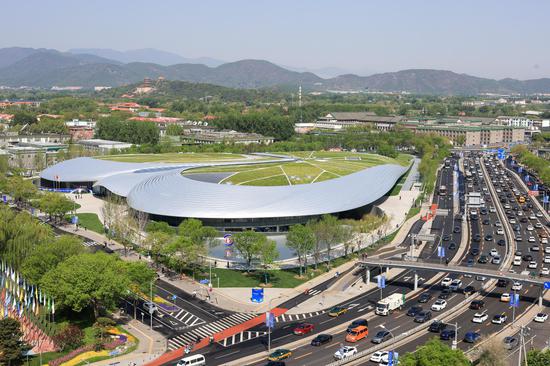



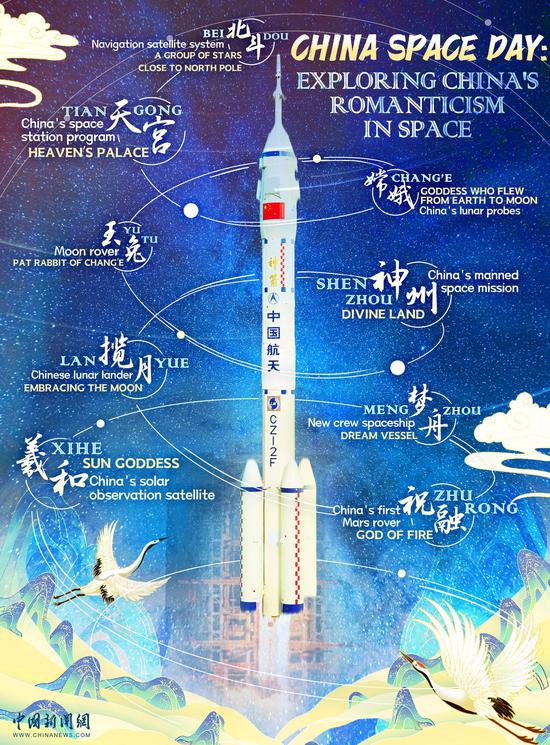
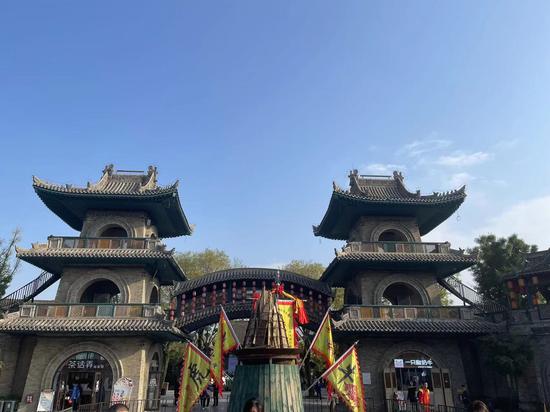




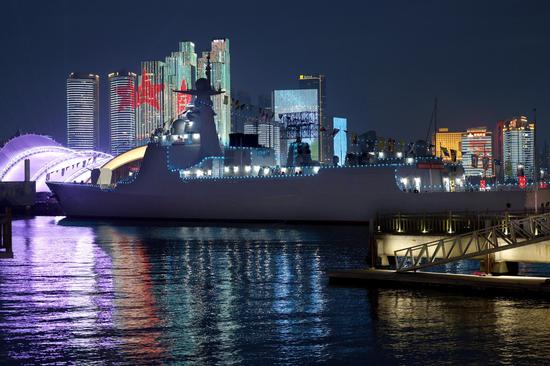


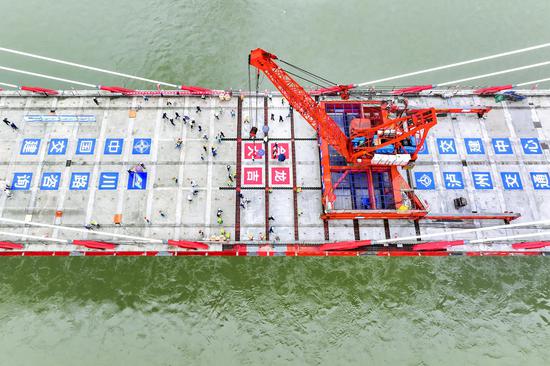
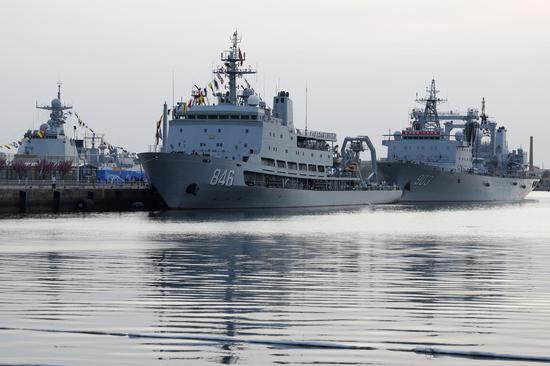
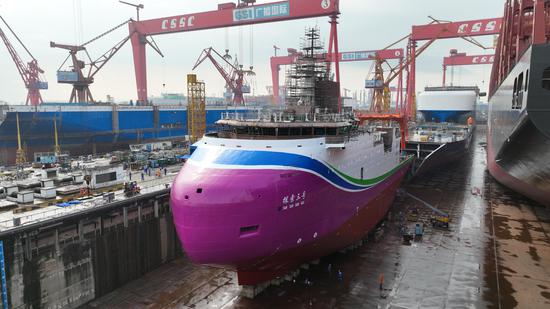
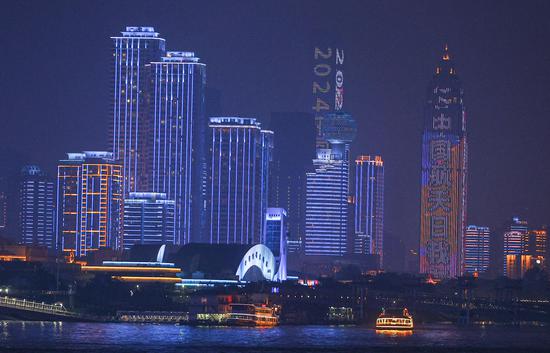
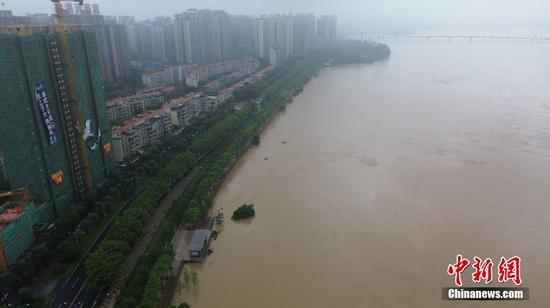
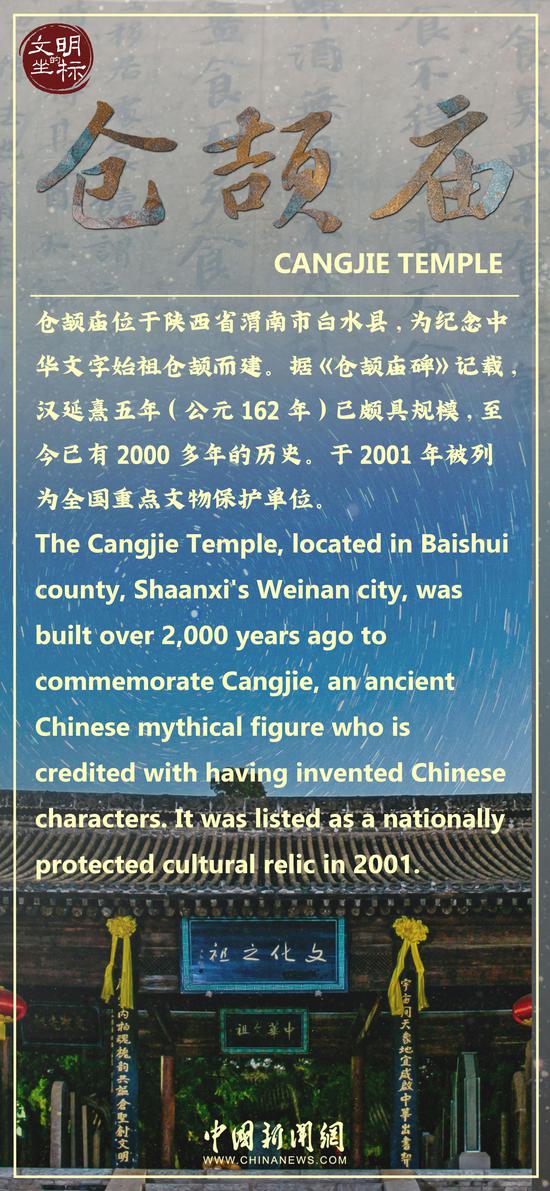
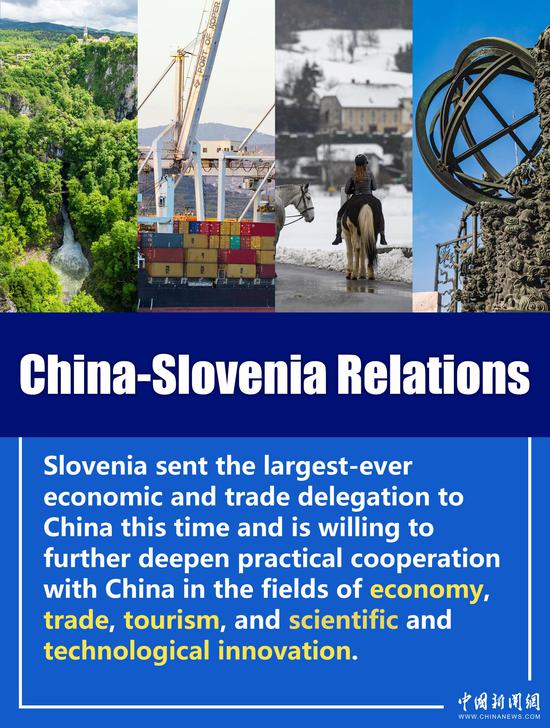
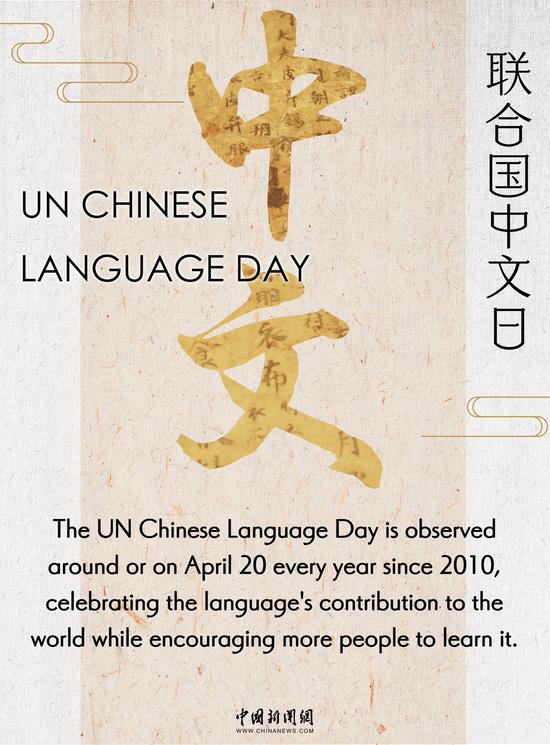
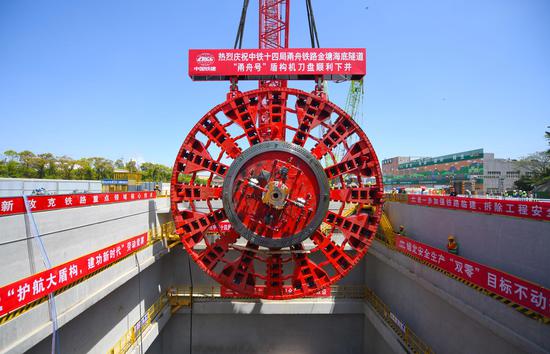
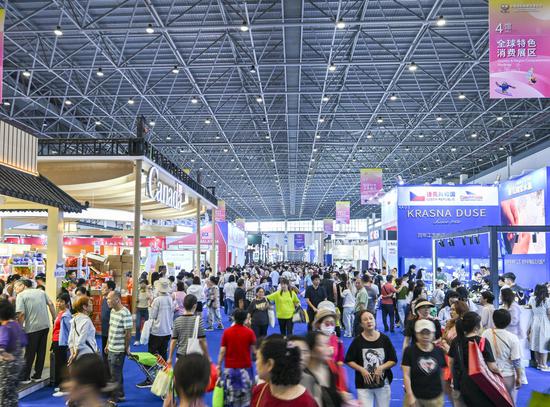

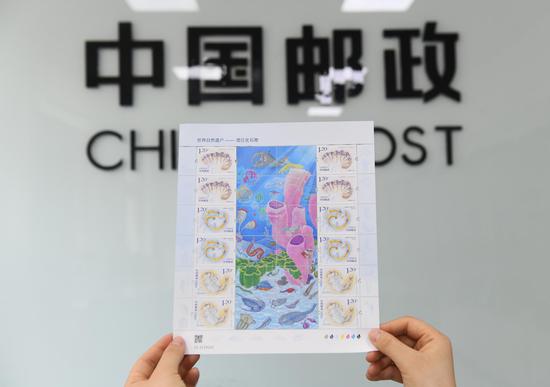
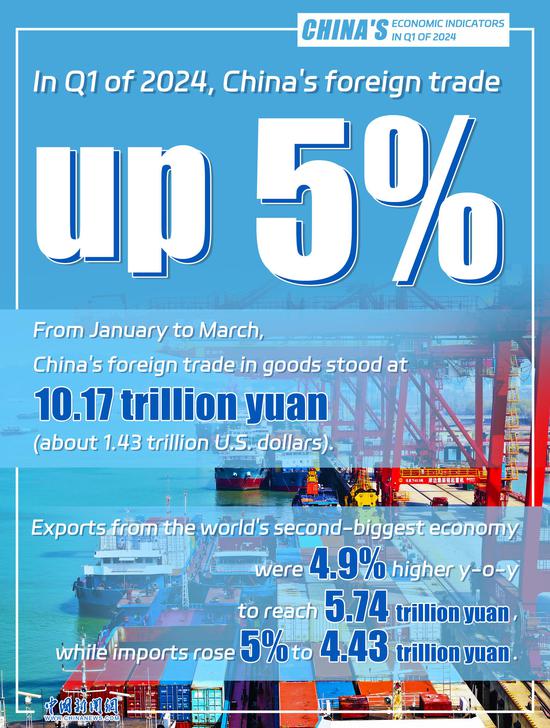

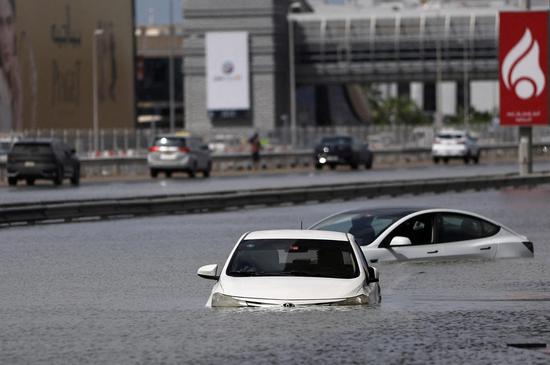


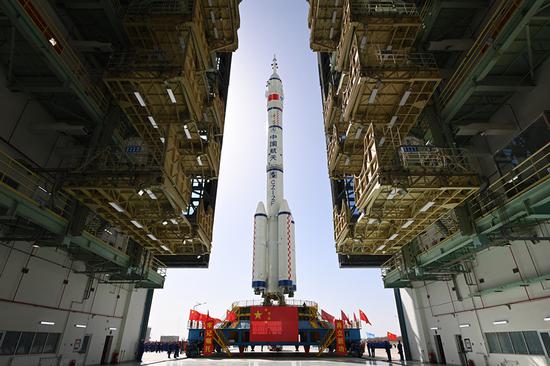



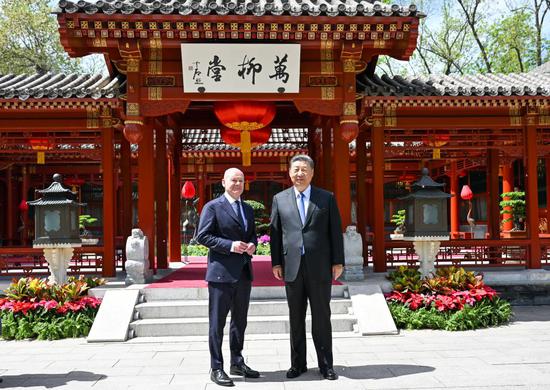
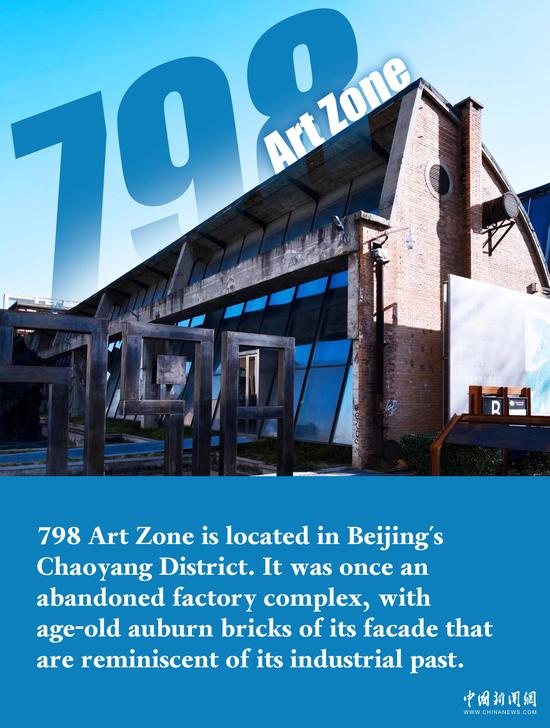





 京公网安备 11010202009201号
京公网安备 11010202009201号